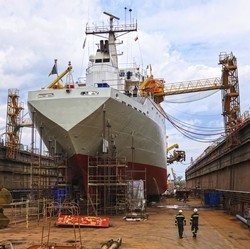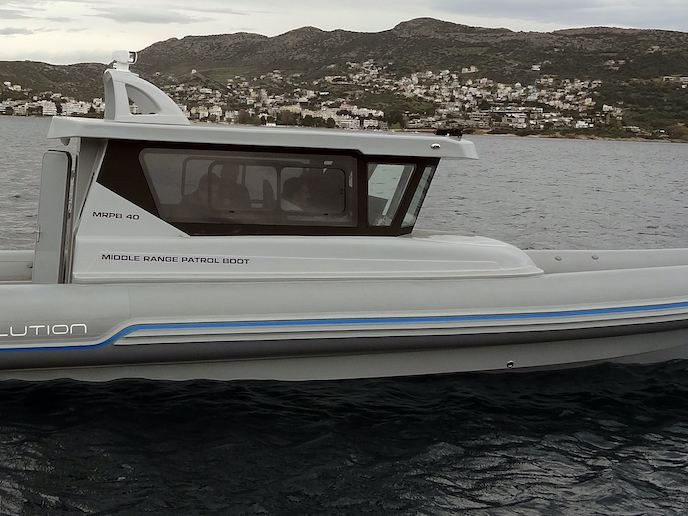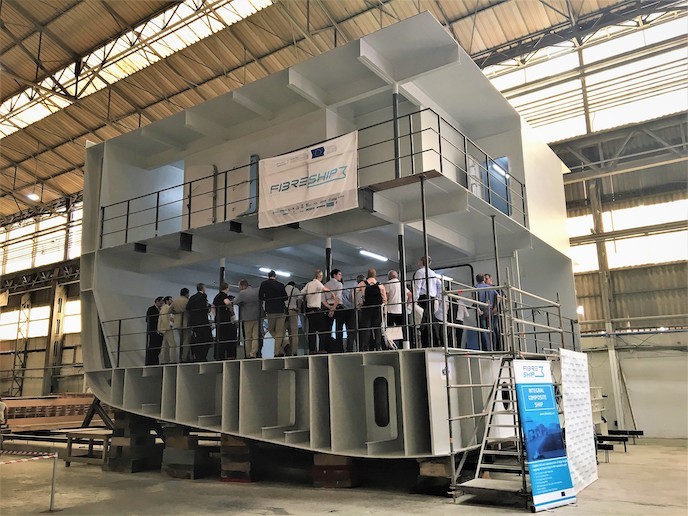Adaptive and smart materials and structures for ships
The EU-funded project ADAM4EVE (Adaptive and smart materials and structures for more efficient vessels) was set out to modernise the shipbuilding industry for greater efficiency, safety and passenger comfort. Greater efficiency will decrease operating costs, while improved safety and comfort will enhance the market position with respect to passenger ships. Conventional design approaches aim at optimising the ship in order to achieve best performance in one discrete operation scenario, whereas real life ship operation comes with a wide range of operational constraints. A vessel which is able to adapt itself to changing conditions will be able to yield optimum overall performance. The ADAM4EVE team developed adaptable ship hull structures and outfitting materials in order to make ships more flexible and efficient during changing settings. Project partners created a set of 15 smart design solutions to provide optimised properties for ship hulls and outfitting systems under different conditions. They built and tested five prototypes with respect to technical properties, functional characteristics, safety issues, and economic and environmental impact and benefits. Each prototype was designed for a specific vessel type and a particular operation scenario. Tests also revealed potential for a broad range of applications. Specifically, researchers developed a stern flap for passenger and cargo ships that offer optimised hydrodynamic conditions during different load conditions and speeds, and damping systems for thrusters on cruise vessels for increased passenger comfort. They also developed lightweight composite panels for cargo decks on reefer ships that provide reduced weight and cargo cooling energy consumption. Other key developments include a bulbous bow for inland waterway ships with minimised fuel consumption during changing loading and navigational conditions, glass windows for yachts with improved privacy and air conditioning energy savings. One more notable development is a rudder-propeller for ferry vessels with efficient manoeuvring in harbours and effective rudder performance at sea. ADAM4EVE's holistic approach will enable shipbuilders to fully understand the benefits and adopt modern technologies to enhance efficiency and passenger comfort and safety. The project should strengthen the competitive position of the European shipbuilding industry.
Keywords
Shipbuilding, adaptive materials and structures, maritime vessels, ADAM4EVE







